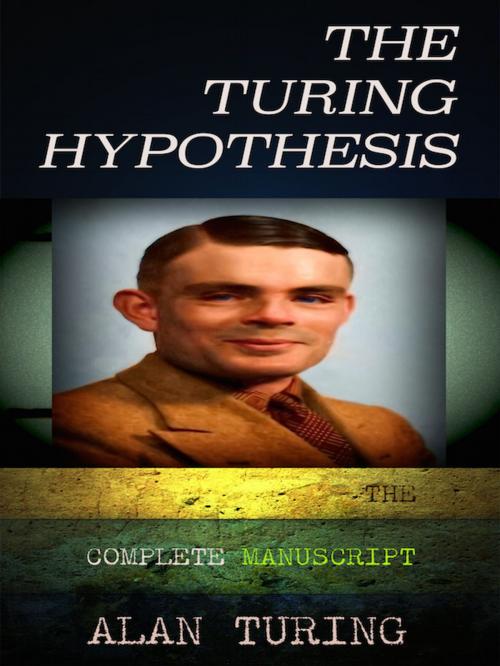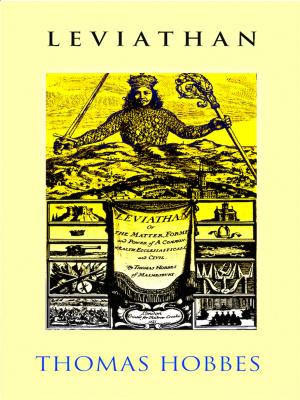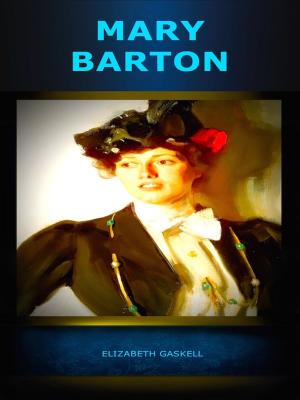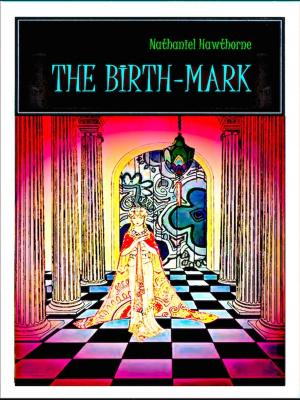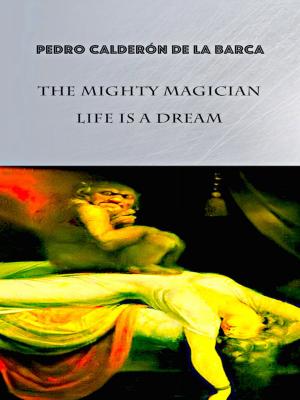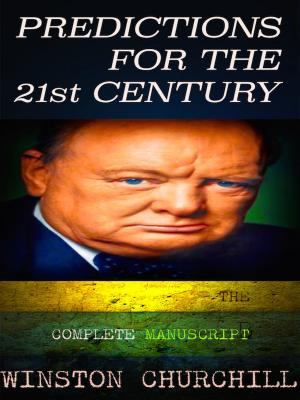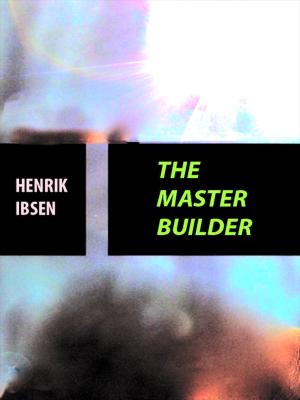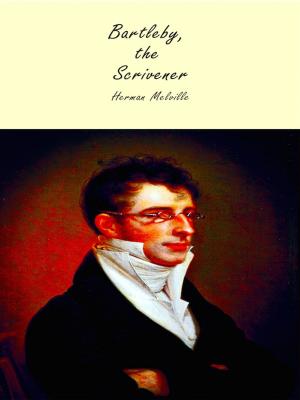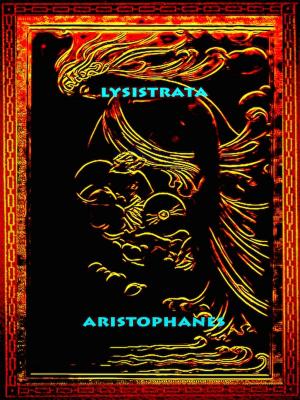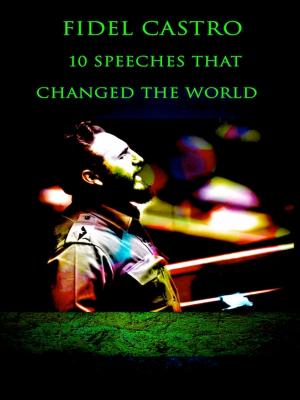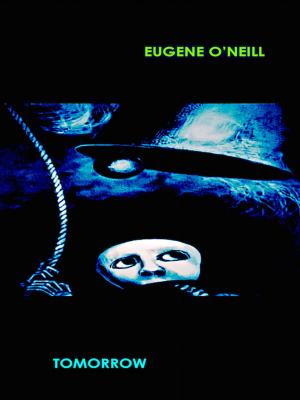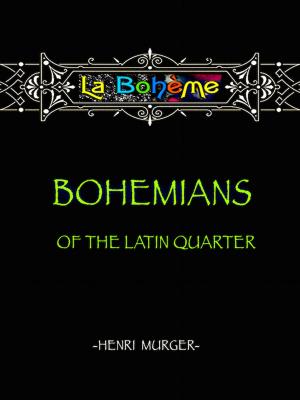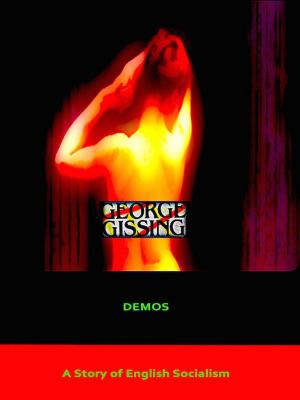The Turing Hypothesis
The Complete Manuscript
Nonfiction, Computers, Advanced Computing, Artificial Intelligence| Author: | Alan Turing | ISBN: | 1230001967258 |
| Publisher: | Editions Artisan Devereaux LLC | Publication: | October 15, 2017 |
| Imprint: | Language: | English |
| Author: | Alan Turing |
| ISBN: | 1230001967258 |
| Publisher: | Editions Artisan Devereaux LLC |
| Publication: | October 15, 2017 |
| Imprint: | |
| Language: | English |
Could a computer be made to think?
Alan Turing's groundbreaking 1950 paper, “Computing Machinery and Intelligence” has become one of the most cited in philosophical literature. Turing was a founding father of artificial intelligence and of modern cognitive science, and was a leading early exponent of the hypothesis that the human brain is in large part a digital computing machine.
He theorized that the cortex at birth is an “unorganized machine” that through “training” becomes organized “into a universal machine or something like it.”
Turing proposed what subsequently became known as the Turing Test as a criterion for whether an artificial computer is actually “thinking”.
Turing’s code breaking research during World War Two was so crucial that Winston Churchill acknowledged his role by saying that Turing made perhaps the single biggest contribution to Allied victory by breaking the Enigma code.
German U-boats were inflicting heavy losses on Allied shipping and the need to understand their signals was vital to the war effort.
It has been estimated that the efforts of Turing and his fellow code-breakers shortened the war by several years. What is certain is that they saved countless lives and helped to determine the outcome of the conflict.
ALAN TURING (1912-1954) was a British mathematician and logician, who made major contributions to mathematics, cryptanalysis, logic, philosophy, and mathematical biology and also to the new areas known now as computer science, cognitive science, artificial intelligence, and artificial life. Turing is believed to have taken his own life in 1954, two years after being outed as gay. He was 41 years old. Homosexuality was still a crime in Great Britain at the time, and Turing was convicted of “indecency.” At the time of his death, the public had no idea what he had contributed to the war effort. Sixty years later, Queen Elizabeth II officially pardoned Turing.
Could a computer be made to think?
Alan Turing's groundbreaking 1950 paper, “Computing Machinery and Intelligence” has become one of the most cited in philosophical literature. Turing was a founding father of artificial intelligence and of modern cognitive science, and was a leading early exponent of the hypothesis that the human brain is in large part a digital computing machine.
He theorized that the cortex at birth is an “unorganized machine” that through “training” becomes organized “into a universal machine or something like it.”
Turing proposed what subsequently became known as the Turing Test as a criterion for whether an artificial computer is actually “thinking”.
Turing’s code breaking research during World War Two was so crucial that Winston Churchill acknowledged his role by saying that Turing made perhaps the single biggest contribution to Allied victory by breaking the Enigma code.
German U-boats were inflicting heavy losses on Allied shipping and the need to understand their signals was vital to the war effort.
It has been estimated that the efforts of Turing and his fellow code-breakers shortened the war by several years. What is certain is that they saved countless lives and helped to determine the outcome of the conflict.
ALAN TURING (1912-1954) was a British mathematician and logician, who made major contributions to mathematics, cryptanalysis, logic, philosophy, and mathematical biology and also to the new areas known now as computer science, cognitive science, artificial intelligence, and artificial life. Turing is believed to have taken his own life in 1954, two years after being outed as gay. He was 41 years old. Homosexuality was still a crime in Great Britain at the time, and Turing was convicted of “indecency.” At the time of his death, the public had no idea what he had contributed to the war effort. Sixty years later, Queen Elizabeth II officially pardoned Turing.
